5 Positive Life Lessons I Learned Through Minimalism

There is so much to learn from minimalism. Living a minimalist lifestyle can be challenging but the rewards are worth the struggle. Minimalism forces you to appreciate things people often take for granted. I’ve learned a lot from living a minimalist lifestyle and I’d like to share 5 positive lessons I’ve learned.
1. You will learn to make the most out of any situation with only a few things
Minimalists tend to have very few possessions. This enables you to enjoy living by making the most of life with only a few things.
For example, I have learned to be creative about how I work out. I live in a small village. There's no gym near my house, so I created my own workout routine at home.
Exercising at home forces me to think about how to train without the usual training equipment. I do chin-ups using a closet shelf. I do variations of pushups using cardboard. I run outside instead of on a treadmill.
It may be more efficient to go to the gym or buy training equipment, however, I enjoy thinking about how I can work out efficiently with what I have. Thinking this way means I can create a workout routine wherever I go.
Another example is repurposing things like bottles. When you have less, you find uses for things like bottles that you would normally throw away. I've turned used bottles into vases and containers. I feel grateful that I'm able to make use of things people normally throw away.
My fold-up mattress is another good example. I also use it as a sofa. It's time to think outside the box when it comes to the use of everyday objects. I love when I can find more than one use for something. I think this is one of the real thrills of being a minimalist.
2. You will realize the joy of repairing
In the process of becoming a minimalist, I've tried a variety of items. I bought and got rid of many things consistently, leaving only what I really needed.
The things that I have now are important to me, so I consider them my starting lineup. Because they are my most used possessions, I am attached to them all, so I don't want to throw these things away even if they break. That's why if it breaks, I repair it myself.
There is a technique in Japan called Kintsugi. Kintsugi is a traditional Japanese art form where broken pottery is repaired using lacquer mixed with metals such as gold or silver.
There is beauty in repair. I like the idea of beauty created by fixing. Recently, my favorite Japanese paper lamp got torn. I fixed it with a sticker, and now I think it looks even more beautiful.
3. You will be able to accomplish tasks more efficiently when you have fewer things
When you have fewer possessions, they are easier to manage and keep track of. This helps you navigate through tasks more efficiently. For example, I don’t have a lot of clothes, so I can decide what I want to wear immediately without any hesitation.
When I cook, I know where all my dishes and ingredients are so I can cook efficiently. Cleaning also becomes more efficient because there are very few things in my room. When you have less it becomes easier to accomplish your daily tasks.
Being able to move through tasks efficiently is very beneficial. Firstly, it saves time. You don't have to hesitate or figure out where all your things are located. Secondly, you can create your own routine to help with daily chores.
The advantage of creating a routine is that you can take care of things consistently and at your own pace without stress. For example, I clean my room every day. This felt tedious at first because it is a chore, but I made it a habit to clean a certain way every day.
Eventually, my cleaning routine became a natural, stress-free habit. I gradually became able to clean in a Zen-like state without thinking about anything.
4. It becomes easier to move houses
The less you have, the easier it becomes to move locations. I have moved five times in the last three years. During every move, I carried my luggage by myself and was able to move everything with just my car. I didn't spend a lot of money and it didn't take very long.
5. You will become less affected by advertisements and consumerism
The world is full of advertisements on smartphones, TV, and shopping malls. Modern society encourages consumption. Without even realizing it, people just keep buying more and more things.
Prior to becoming a minimalist, when I saw advertisements, I would get so tempted, even when it was for things I didn't need. I ended up buying a lot of useless things. Consumerism had me dancing like a puppet on strings.
The situation changed little by little as I decided to become a minimalist. Now I only keep things that spark joy. Using the KonMari method, I began to understand what I really need and value.
When I see ads now, I’m not affected by them. If you can make an objective judgment, you won’t feel pressured to buy more things. It will save you money to limit yourself to buying things you need as opposed to buying what you want.
What I've learned through minimalism
All in all, I have become a much more positive thinker living as a minimalist. What have you learned through being a minimalist? Tell me in the comments.
If you are not yet a minimalist but you want to become one, the future is waiting for you. Let's enjoy our minimalist lives together. Stay safe, have fun, and thank you for reading.
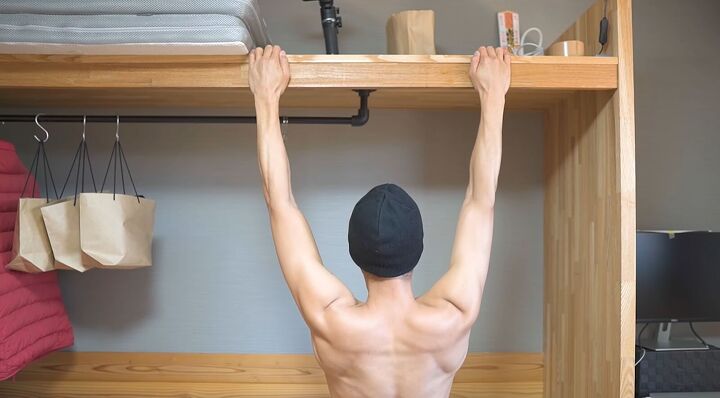








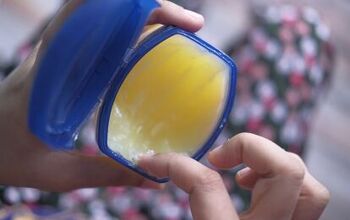
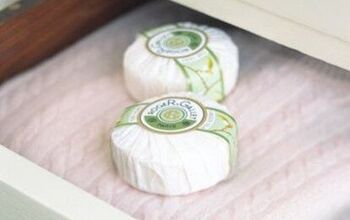
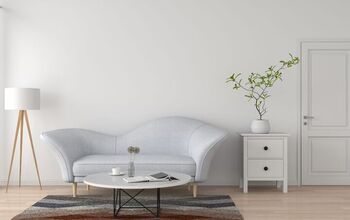
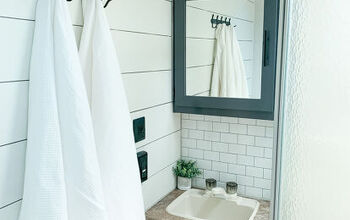

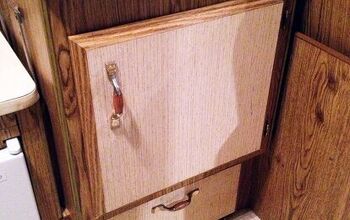


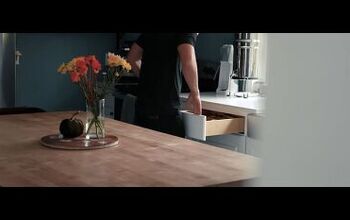
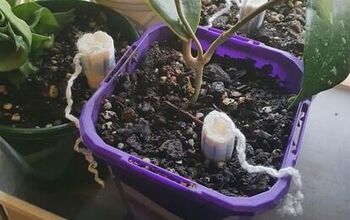
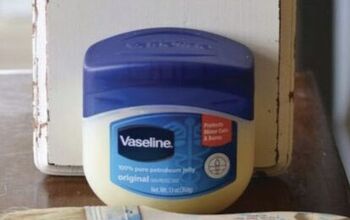
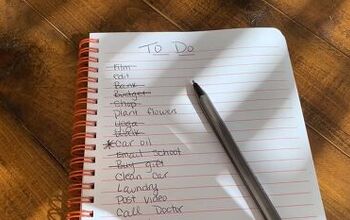

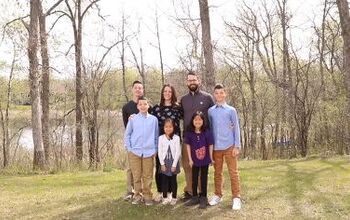
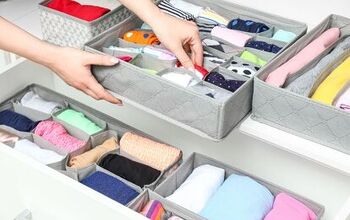


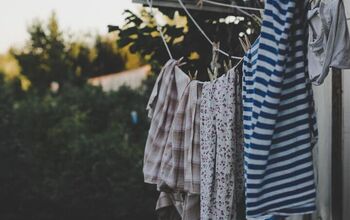
Comments
Join the conversation
If you have not used it in the past year, you probably do not need it. Bless someone else, give it away, donate it to a widow or single mom.
I'm inspired to do more with less material, but with more gratitude. Thank you.